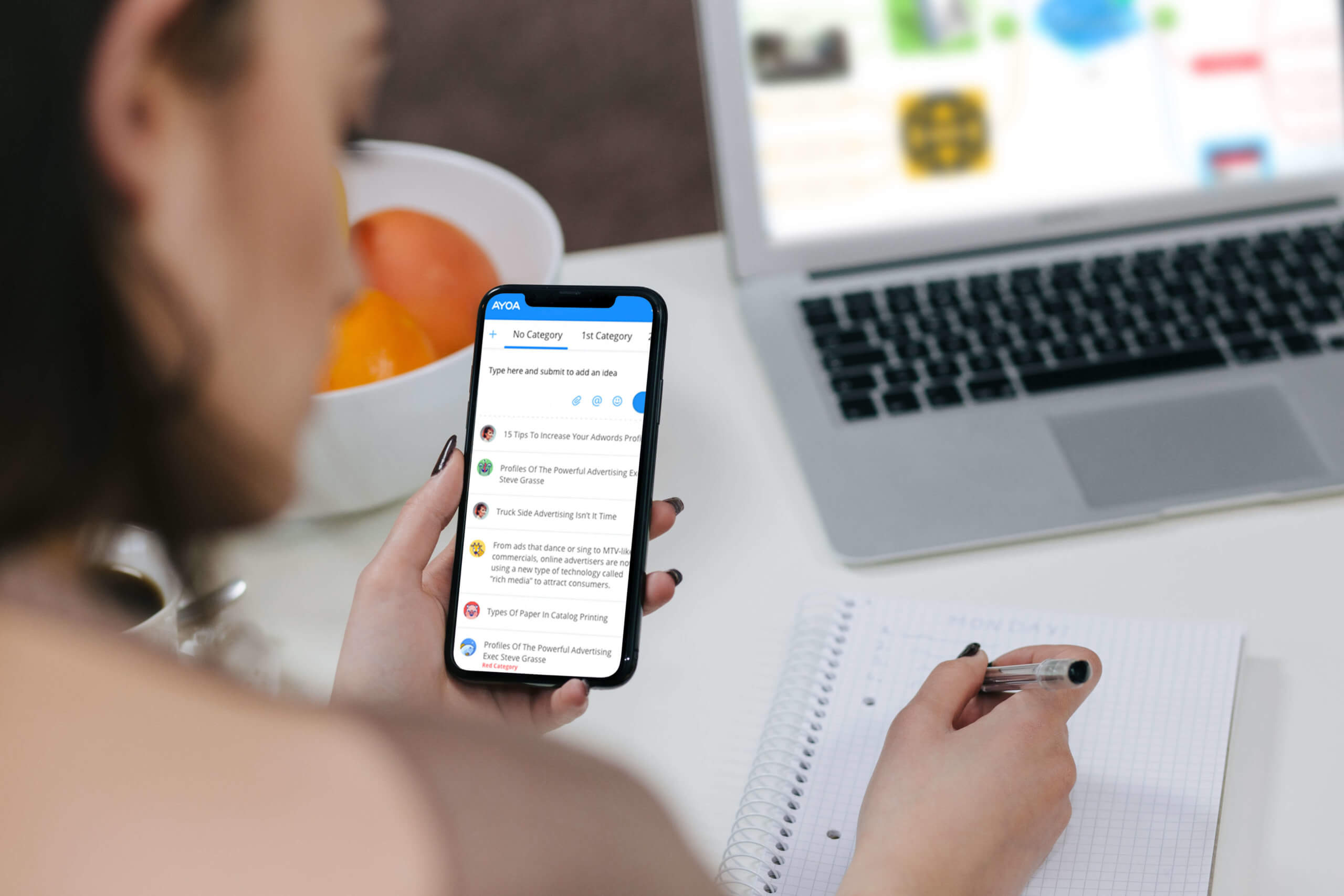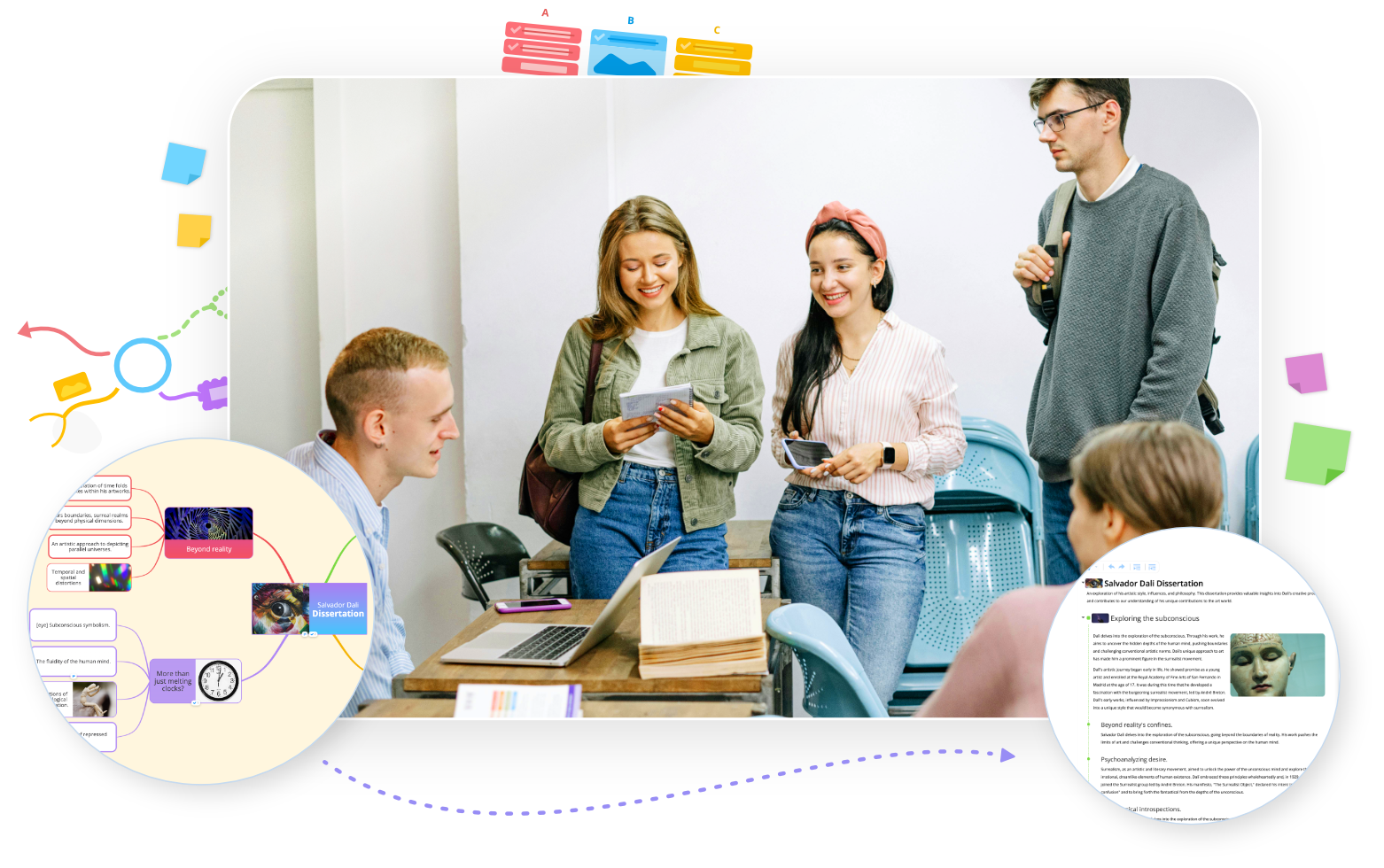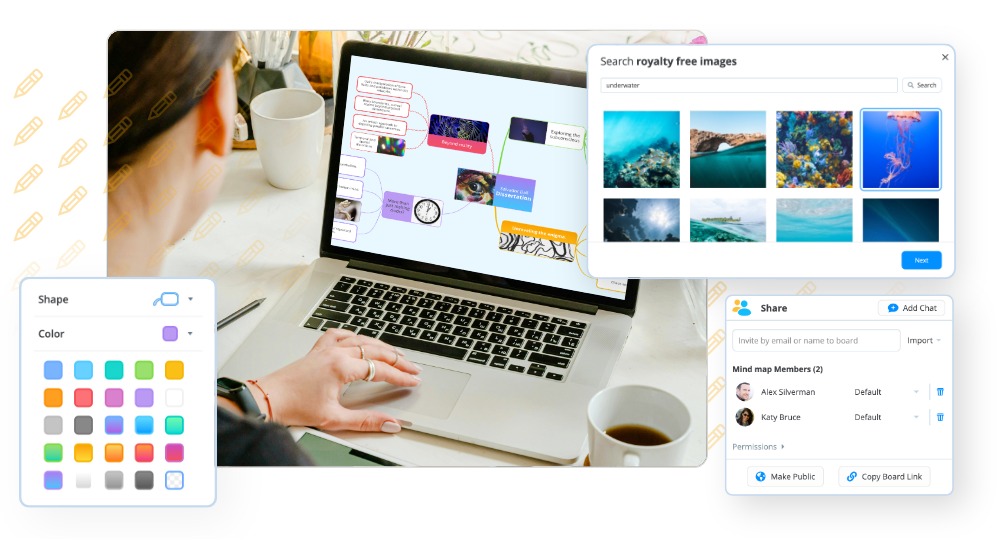Workplace culture plays a huge role in the dynamic of your team and how well they perform. Having an inclusive workplace allows for diversity of thought, which can lead to the development of stronger and more innovative solutions to company challenges.
Below, we take a look at why neurodivergent employees are essential players to any team and how they can be supported in our ever-changing digital world.
The rise of remote working
The growth of the digital world has meant our work has become portable. No longer tied to our desks in the office, we can quite literally carry our work around with us on laptops and tablets, allowing employees to work from any location at any time. Over recent years, this change in the way we connect with each other through our devices has led to significant growth in flexible and remote working habits – something which has seen a significant surge since the outbreak of the coronavirus.
While this transition in working patterns can seem daunting for some companies, the possibilities it opens up for our workforce is huge. Employers are able to cast their recruitment net much further afield, allowing them to consider suitable employees from all across the globe. This is an exciting opportunity to mix up the dynamic of your team when looking to expand and bring in employees with different perspectives and a wider variety of skills – ones that will help you to look at business challenges from a new angle that could potentially shift your company forward in an interesting direction.
Why neurodivergent employees can help drive innovation
Neurodiversity isn’t a term that’s commonly recognized, even in the working world. However, you may be surprised to discover that more people than you know are actually neurodivergent. So what does this mean, exactly? Put simply, neurodiversity describes the difference in cognitive functioning that affects learning, thinking, attention and memory. Types of neurological difference you may recognize include dyslexia, dyspraxia, ADHD and autism.
Often seen as a hidden difference, the lack of awareness of neurodiversity means that, unfortunately, the talents that neurodivergent people possess are often overlooked. This is something that can not only have a detrimental effect on the confidence of these individuals but to your workforce too.
In fact, having a neurodiverse workforce can have massive benefits for any organization. As employees, these neurodivergent individuals can provide skills that allow them to consider challenges from different and more innovative perspectives.
Those with dyslexia, for example, are typically very visual thinkers. While dense documents of texts or data-filled spreadsheets can be extremely overwhelming for them to read and make sense of, many find that they are able to process information much easier through visual platforms. This is why mind mapping is such a useful tool for generating ideas and organizing information in a way that’s easy to digest.
Visual thinking has long been known to have a direct correlation with creativity. Research cited by David Hyerle approximates that between 70% and 90% of the information received by the brain is through visual channels, and it’s this creative way of thinking that helps neurodivergent individuals to stand apart from the crowd. While you may find it difficult at times to remove yourself from a problem at hand, your neurodivergent employees will likely be more adept at stepping outside of the box and providing unique solutions.
It’s precisely this nature of thinking outside the box that is at the core of innovation – making neurodivergent individuals arguably the most important people to help come up with innovative solutions and encourage creative thinking to flourish across your entire team.
Supporting your employees remotely
If your company provides flexible working options, it’s important to ensure your entire team has access to the tools to enable them to carry out their roles from any location. For neurodivergent employees, in particular, there may be tools that help them on a daily basis, such as mind mapping software or spell checkers, for example, that they will need access to when working remotely.
1 in 7 people in the UK are estimated to be neurodivergent – and so you may find that some of your existing employees have a neurological difference that you may not even be aware of. It’s therefore important to open up the conversation with your employees and make sure they feel comfortable to discuss any extra support they may need to carry out their job remotely (or even in the office).
For those based in the UK, the Access to Work scheme is a great way for employees to benefit from additional help. Access to Work is a grant that employees can apply for in order to provide them with any additional support, which could include equipment, software, support worker services and more. If you’re interested in finding out more, you can learn more about the Access to Work scheme here.
Looking for a tool to keep your remote teams connected, while also supporting the different ways they work? Ayoa is an online collaborative whiteboard tool with flexible viewing styles to suit every way of thinking, from creative layouts to more traditional linear lists. It combines visual thinking with task management and team collaboration features to ensure you can take your projects ideas from start to finish in one simple tool. Sign up for FREE today!


